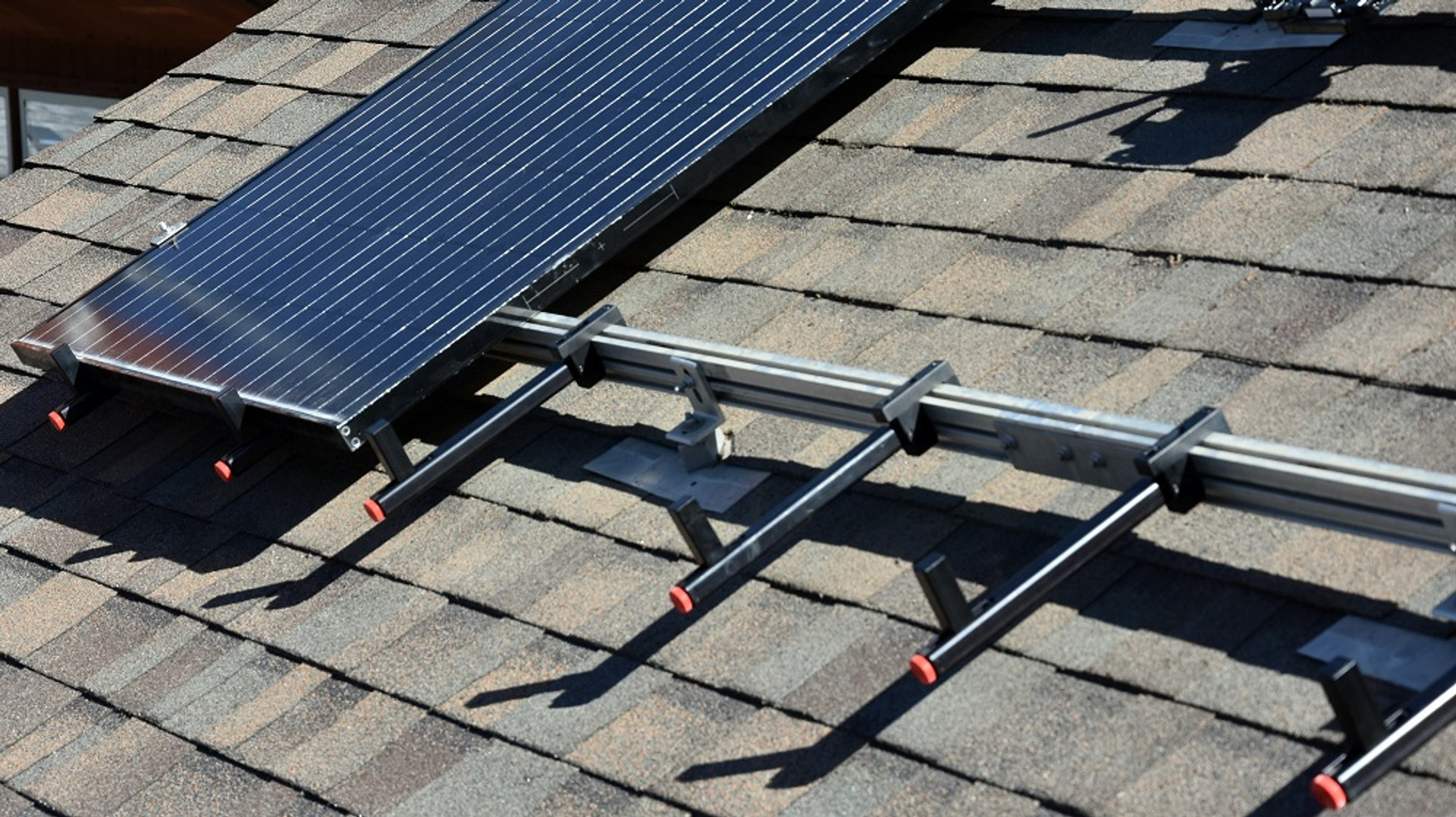The Total Overview to Solar Energy Installment: Conserve Cash and Go Environment-friendly
Discovering the subtleties of solar power setup discloses a complex strategy to both price financial savings and ecological duty. Homeowners are increasingly considering solar power not only as a viable alternative but as a tactical investment that can yield substantial lasting advantages. Nonetheless, the procedure includes careful consideration of various variables, consisting of system choice and setup procedures. Recognizing these aspects is important for optimizing effectiveness and savings. What certain steps should one require to make sure a successful change to solar energy, and how can economic rewards even more boost this venture?
Benefits of Solar Energy
The expanding adoption of solar power reflects a considerable change toward sustainability and ecological responsibility. One of the key benefits of solar power is its capacity to decrease dependence on fossil fuels, causing lowered greenhouse gas emissions. By taking advantage of the sun's power, individuals and services can add to a cleaner environment and reduce the damaging effects of climate modification.
Moreover, solar power can cause significant financial savings. When mounted, photovoltaic panels considerably lower power costs, as they generate energy from a sustainable resource. Several federal governments also provide rewards, refunds, and tax obligation credit ratings to encourage solar adoption, additionally boosting financial stability.
Another notable advantage is energy freedom. Solar power systems enable house owners and organizations to generate their very own power, reducing susceptability to fluctuating power rates and supply disturbances. In addition, solar power systems call for marginal upkeep, equating to lower long-term operational prices.
Picking the Right Planetary System

Solar systems vary considerably in price depending on their type, size, and efficiency. Consider potential financing options such as lendings, leases, or power purchase agreements (PPAs) that might alleviate ahead of time prices.
Readily available room is one more vital aspect. Evaluate your roofing system's orientation, angle, and shading, as these elements can impact photovoltaic panel effectiveness. If roofing space is limited or improper, ground-mounted systems might be a feasible option.
It's crucial to carry out extensive research to understand the details rewards available in your location, as they can vary extensively. Consulting with a solar installment expert can aid you navigate these options properly, ensuring you optimize your cost savings while adding to a much more sustainable power future.
Maintaining Your Planetary System
Efficient upkeep is important for ensuring the long life and optimal efficiency of your solar power system. Routine upkeep can assist prevent small concerns from intensifying right into costly fixings and guarantee optimal energy effectiveness.
Begin with regular examinations of your solar panels, ideally every six months. Cleaning up the panels, specifically in areas prone to dust or bird droppings, can dramatically boost energy production.
Next, keep an eye on the inverter. This part transforms solar energy into functional power and should be checked monthly. Many contemporary inverters have keeping an eye on systems that signal you to performance issues, enabling timely intervention.
Furthermore, examine the electrical wiring and connections for any type of indications of corrosion or damage, as these can lead to decreased efficiency or system failure. Consider specialist upkeep solutions yearly for an extensive check-up.
Conclusion
In conclusion, the fostering of solar energy provides considerable advantages, consisting of lowered power prices and a positive environmental influence. Mindful consideration in selecting the appropriate planetary system, combined with a clear understanding of the installation procedure, improves the general experience. Financial incentives and normal maintenance further add to the long-lasting benefits of solar power. Eventually, embracing solar modern technology stands for a crucial action toward sustainability and power self-reliance, promoting a greener future for all.